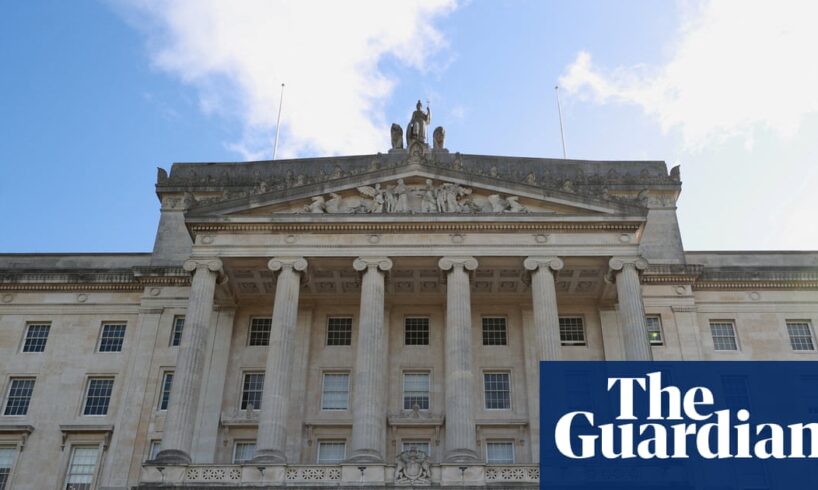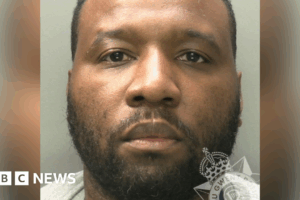
New measures aimed at healing the wounds on all sides of the Northern Ireland Troubles have been unveiled by the British and Irish governments.
They will replace the controversial Legacy Act brought in by the Conservatives that cancelled inquests and prosecutions.
Diplomats say it is the result of a year-long “return to partnership” of both governments in conjunction with the Northern Ireland government.
What is in the new deal?
Inquests that had started but were frozen by the Legacy Act will resume.
The current independent commission for reconciliation and information recovery (ICRIR) will be replaced with two new bodies – one dealing with investigations, and another dealing with information recovery. Public hearings, akin to public inquiries, involving families and witness will be facilitated and overseen by independent judges.
Conditional immunity for soldiers or agents of the state and the ban on civil proceedings taken by victims will be lifted.
South of the border, a legacy unit will also be established by the Gardai, and a €25m (£22m) fund will be set up to help witnesses deal with the legal process.
What are leaders saying about the new measures?
Ireland’s deputy prime minister, Simon Harris, has said the deal between the two governments is “a night and day improvement” on the Legacy Act, and that it would provide “maximum truth, justice and accountability” to victims.
What are veterans saying?
Lord Dannatt told BBC Radio 4’s Today programme on Friday it was “unacceptable that 30, 40, 50 years later former soldiers in their 60s, 70s, and possibly their 80s, are being taken back to events that happened in the 70s”.
He said it “defied logic” that evidence that “could not be adduced” back then could be produced now.
Why was the Legacy Act 2023 so controversial?
It was first mooted in a policy paper presented by former Northern Ireland secretary Brandon Lewis in 2021, which declared that “the current system for addressing the events of that dark and difficult period of our national history is not working for anyone”.
He said the “drawn out an complex legal processes” were stifling information recovery and reconciliation.
But the eventual bill – and legislation – was opposed by relatives of victims, and by all five main political parties in Northern Ireland. It also triggered a rare interstate law suit by Ireland against the UK.
One of the main issues was that the act closed down all historical inquests and prevented new civil cases from being lodged in court.
Political leaders from across the spectrum, from nationalists to loyalists , said it would mean shutting off the normal due process of law available to families of those who had been killed just because the killings took place in Northern Ireland.
What else did the Legacy Act do?
In place of inquests and police investigations, it launched the ICRIR to take over all cases dating back to the Troubles, including those already actively being pursued by the police.
Did the courts not rule the act was in breach of human rights law ?
The high court in Belfast ruled that the conditional immunity from prosecution the act offered veterans was is in breach of the European convention on human rights. That part of the act was then disapplied by the UK government.
What is Labour’s approach?
From the day it was elected, the Labour party said it would replace the act but would listen to all parties before unveiling new measures.
Sources said the government was also keen that veterans were treated with more respect. Insiders said they had heard from veterans who were cold-called late at night demanding they fly to Belfast to give evidence during inquests. That would stop, insiders said, with those called to be witnesses given the opportunity to give evidence by video and be provided with support during the process.





